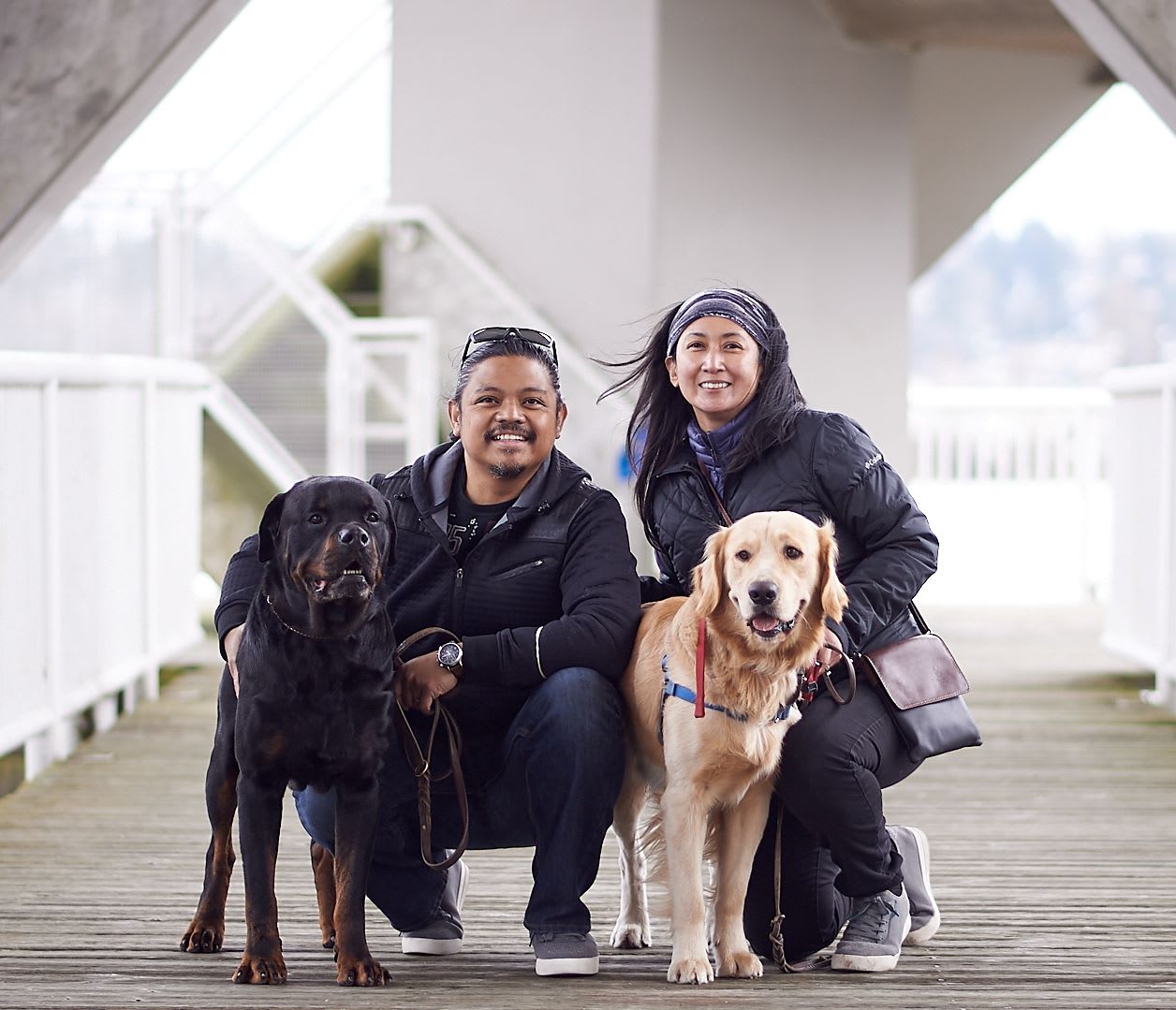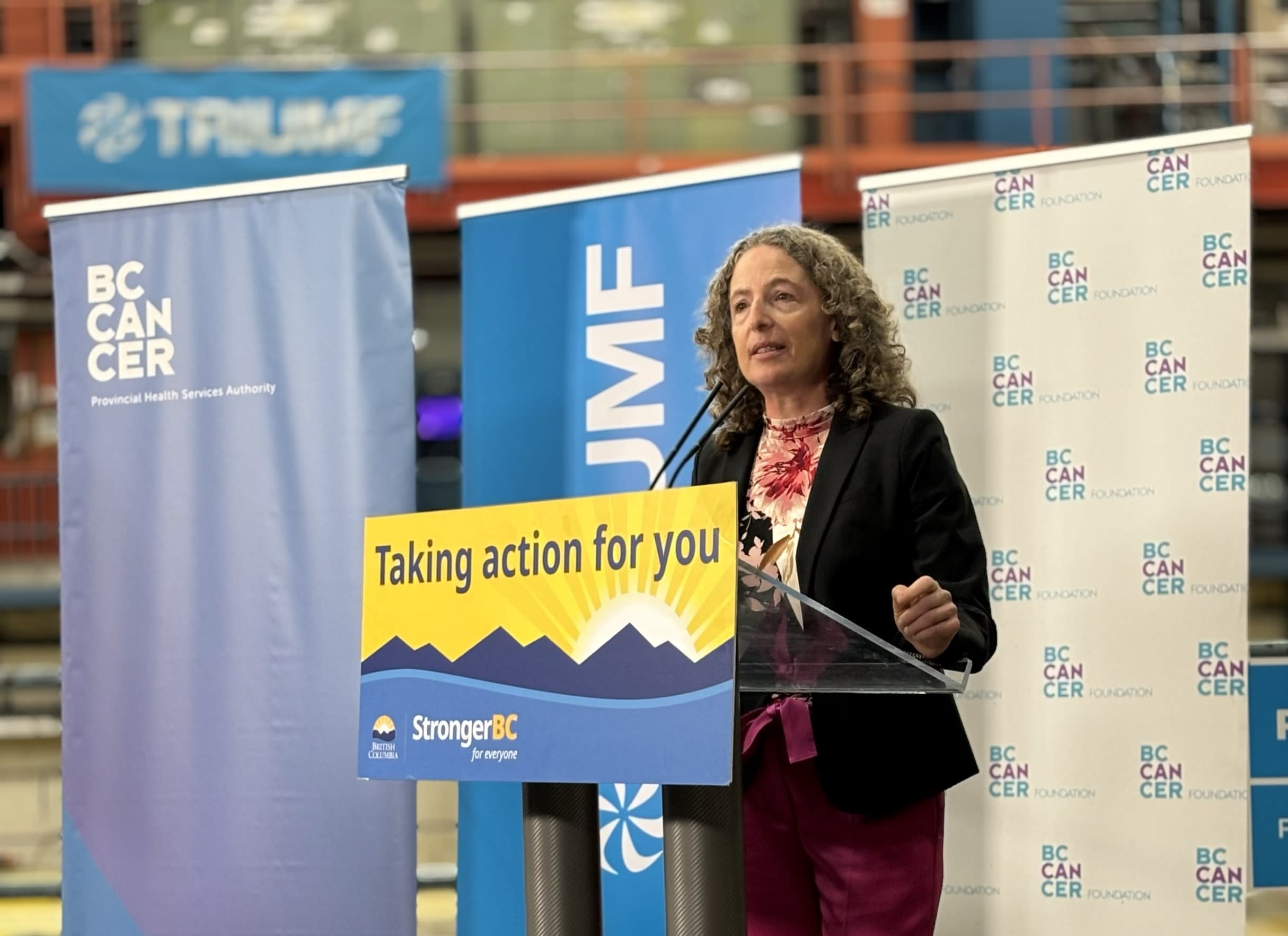Medical Oncology: Behind the Scenes at the BC Cancer Agency
November 13, 2014
As I mentioned last week, I am a medical oncologist working in the BC Cancer Agency Vancouver Centre. Following my medical training, I spent an extra year studying lung cancers and this remains the main focus of my clinical and research interests. I also treat cancers arising from the head and neck region, including the nose, sinuses, mouth or throat areas. I see a wide spectrum of cancer types and have the privilege of meeting and working with a wide variety of patients and families.
From my perspective, the job description of a medical oncologist is to identify times when it’s potentially beneficial to use chemotherapy in the treatment of cancers. Along with this is the equally important recommendation of when not to use chemotherapy. As you can imagine this leads to a lot of complicated, interesting and sometimes stressful conversations in my clinic. What I have unquestionably noticed in the last 11 years is that the treatment options I can discuss with my patients and their families are expanding and improving every year. This is a direct result of research, so I’d like to expand on what research means to me and to my work.
It seems that the word “research” often conjures up images of mice and be-spectacled lab-coat wearing crazy-haired geniuses. And certainly some important aspects of research are carried out in the lab with Petri dishes and spectacles! This basic research is critical to the process of discovery, but most oncologists use research in a clinical setting.
On a daily basis we integrate new cancer drugs or technologies directly into patient care. Sometimes this is through rigorous and controlled clinical trials, but often this is more simple, trying out a relatively new drug that has been approved and released but may have only been given to a few thousand people. This daily application of research allows patients earlier access to new treatment and we are fortunate in B.C. to live and work in an environment that fosters this ability. This means that patients all across the province often get access to new treatments before they become part of standard of care – a process that can often take many years.
The final area of research that is important is to look across a population to see the effects of a new treatment or technology. Again we are fortunate that cancer care in B.C. is organized in a way that allows us to track treatments and outcomes across the whole population. This means that after something new is introduced we can look back and see what sort of differences this has made. In some ways this is like quality assurance, but a lot of very informative research comes out of these population-based examinations.
Personally, I am involved a bit in discovery research and I do a lot of the clinical application of research on a daily basis and within clinical trials. I also participate and support population-based research, with my colleague Dr. Cheryl Ho.
Next week I will tell you more about one of my current research projects.
Thanks for reading,
Janessa


